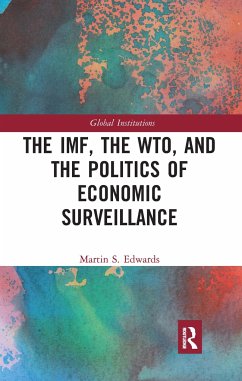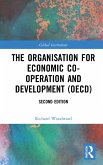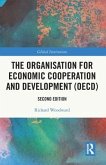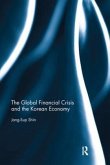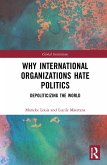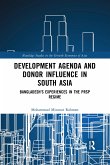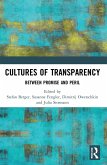Both the International Monetary Fund (IMF) and the World Trade Organization (WTO) practice periodic surveillance of members to ensure that countries are adopting appropriate economic policies. Despite the importance of these procedures, they remain understudied by scholars. The global economic crisis has tested both organizations and brought surveillance to the forefront of policy debates. Understanding how surveillance works, then, contributes to both theoretical and policy concerns.
The world is paying increasing attention to issues of transparency and accountability, questioning whether these organizations are in part responsible for the global economic crisis, as well as assessing their responsiveness to the crisis. This comparative analysis of surveillance at the IMF and WTO fills a significant gap in the existing literature, drawing together a large range of empirical data and offering an extended critical analysis of this key issue.
Examining how and in what contexts surveillance is influential and how variations in institutional design shape the effectiveness of surveillance, Edwards moves on to offer recommendations of how surveillance can be designed differently to make it more effective in the future. This work will be of great interest to students and scholars of international organizations, international political economy and global governance.
The world is paying increasing attention to issues of transparency and accountability, questioning whether these organizations are in part responsible for the global economic crisis, as well as assessing their responsiveness to the crisis. This comparative analysis of surveillance at the IMF and WTO fills a significant gap in the existing literature, drawing together a large range of empirical data and offering an extended critical analysis of this key issue.
Examining how and in what contexts surveillance is influential and how variations in institutional design shape the effectiveness of surveillance, Edwards moves on to offer recommendations of how surveillance can be designed differently to make it more effective in the future. This work will be of great interest to students and scholars of international organizations, international political economy and global governance.

